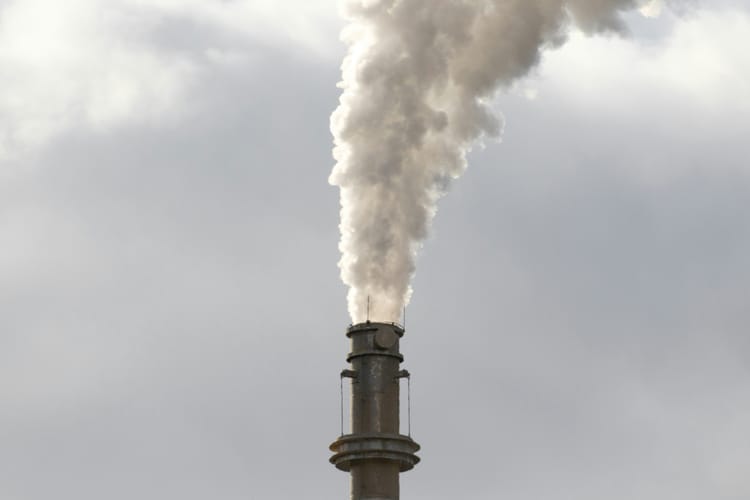Supply chain due diligence obligation one step closer to becoming law

Large companies operating in the EU are one step closer to bearing legal responsibility for environmental and human rights breaches in their supply chains, as the EU Council and Parliament have now reached a deal on the corporate sustainability due diligence directive.
The regulation is expected to make supply chain due diligence a legal obligation for more than 16,000 corporations with EU operations, making them vulnerable to litigation and fines of up to 5% of turnover if environmental or human rights violations emerge among their suppliers and distributors.
Specifically, yesterday’s agreement fixes the scope of the directive on large EU-based companies of more than 500 employees and a net turnover of €150 million, as well as non-EU companies with a €300 million net turnover generated in the EU (with a list set to be published by the European Commission). These will have to comply three years from when the directive enters into force – which should now happen shortly.
The law will ensure companies increase their efforts to integrate social impacts into their supply chain sustainability programmes and climate transition plans – something they have found challenging so far. While it mostly applied to upstream supply chains, it also includes some downstream activities, such as distribution or recycling.
“Our companies now have a normative advantage. We are helping them to frame their decision in terms of human rights, climate and environmental impact and avoid reputational risks,” said Adrian Vazquez, the negotiator for this text at centre party Renew Europe.
Financial sector partially excluded
After months of negotiations, the EU Council and Parliament agreed to “temporarily” exclude financial firms from some of these obligations, but add a review clause for “a possible future inclusion of this sector based on a sufficient impact assessment”. Banks, insurers and investors are still obligated to adopt a Paris-aligned transition plan under CSDDD, but do not bear the same due diligence burden as other sectors when it comes to environmental and human rights breaches.
This was a contentious aspect of the law, with many pushing for full inclusion and others arguing that this kind of due diligence is more difficult to achieve in the financial sector. The temporary exclusion appeared to be a choice legislators made to get the law over the line before next year’s EU elections.
“This deal recognizes the challenges for financial institutions of implementing ambitious regulations. Our hope is that, as we move forward, the review clause will offer an opportunity to include both upstream and downstream activities of financial institutions within the scope of the CSDDD,” said Eelco van der Enden, CEO of the Global Reporting Initiative (GRI).
But for many observers, it represents a missed opportunity. Isabella Ritter, EU Policy Officer at responsible investment charity ShareAction, hailed “an important win for people and planet”, but added: "Despite strong support from financial sector representatives and civil society, EU policymakers, due to the Council’s pressure, chose to exempt financial institutions from due diligence requirements when offering financial services to their clients. This grants financial institutions a free pass to neglect human rights and environmental harms."
Protecting communities in high-risk sectors
The law is expected to have a great impact in high-risk sectors such as mining, agriculture and textiles, by giving communities affected by environmental or human rights violations a legal avenue to defend themselves. As such, the agreement between the EU Council and Parliament was welcomed by NGOs.
“It means people suffering in Nigeria from disastrous oil pollution, or those forced to labour on palm oil plantations in Indonesia, or communities forcibly evicted to make way for cobalt mines in the Democratic Republic of the Congo, may finally have a route to hold large European companies to account for their human rights harms,” said Amnesty International’s Policy Advisor on Business and Human Rights, Hannah Storey.
The mining sector is already on a quest to lift social and environmental standards as demand for metals like lithium, cobalt and nickel, used in low-carbon technologies including wind turbines and EV batteries, is intensifying. Investors managing US$11 trillion pledged to support these efforts through the Mining 2030 Commission last month, and BlackRock predicts premium returns for the most responsible mining firms.







Member discussion